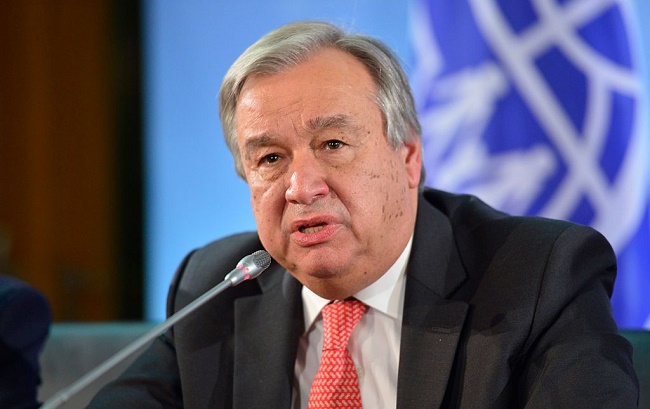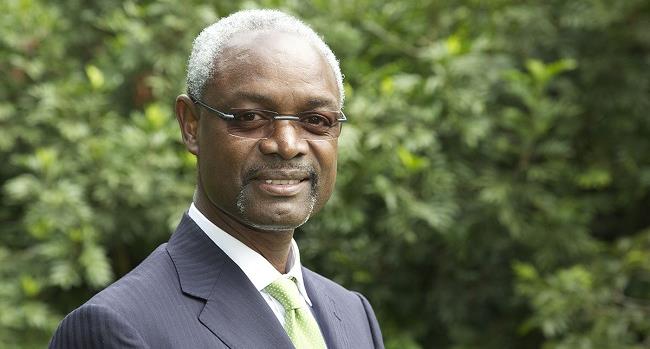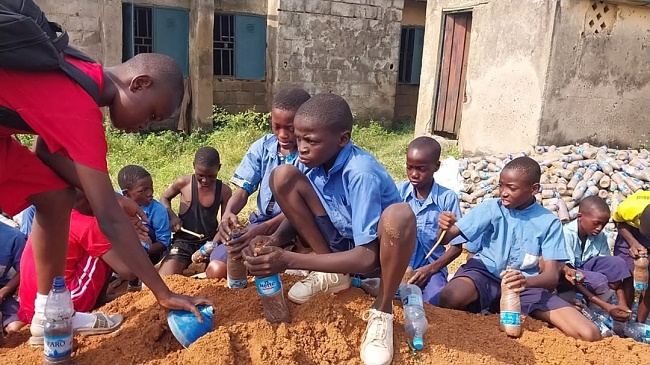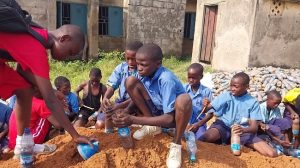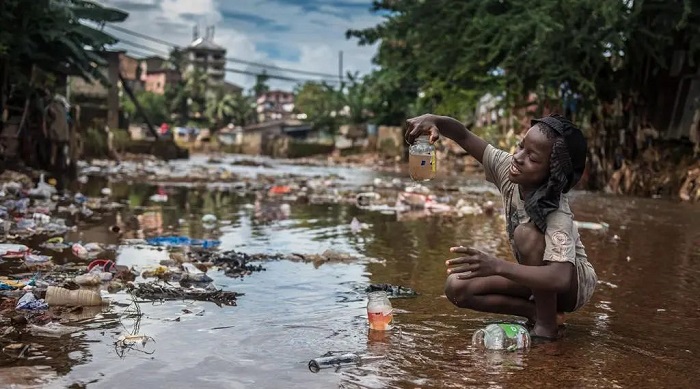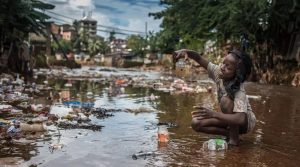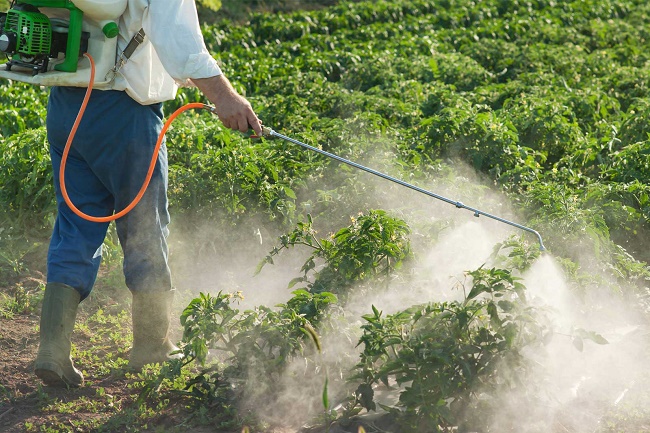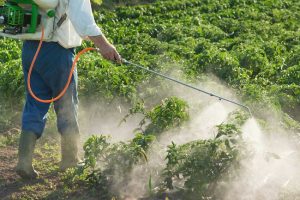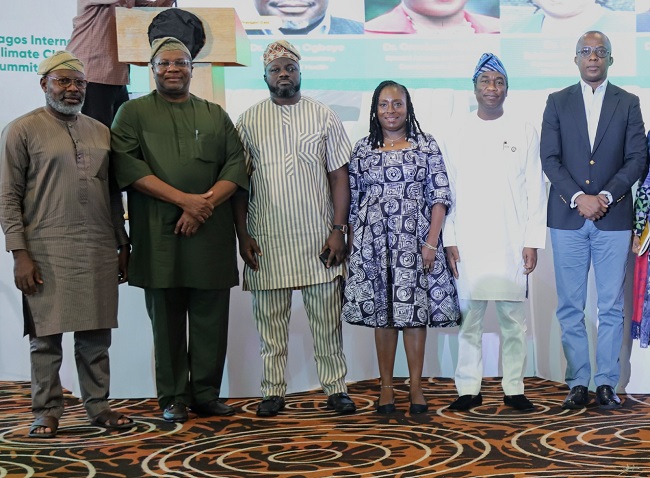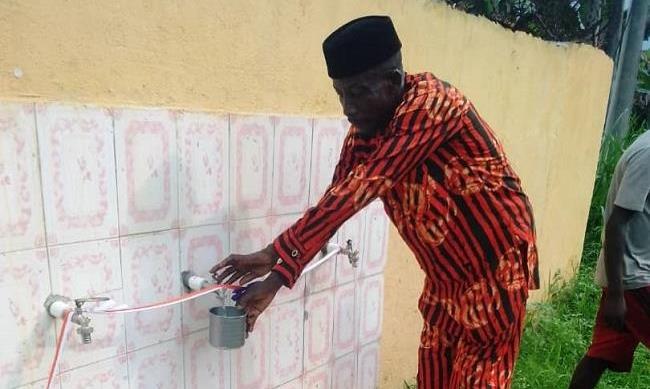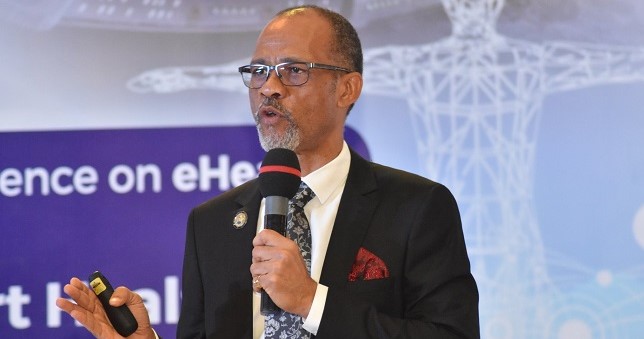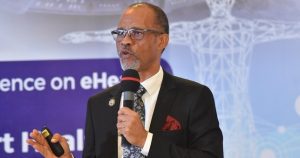UN Secretary-General, Antonio Guterres, has appealed to world leaders to step up the implementation of the United Nations Convention to Combat Desertification (UNCCD) to reverse the damage done to the earth.
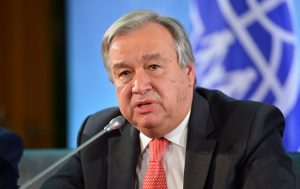
No fewer than 130 countries have already pledged to achieve land degradation neutrality by 2030 toward a world where human activity has a neutral, or even positive, impact on the land under UNCCD.
The UN supports innovative efforts worldwide, including the newly launched Great Green Wall Observatory, which tracks progress of Africa’s largest land restoration initiative to combat land degradation, desertification and the negative impacts of climate change in the Sahel region.
Guterres made the appeal in his message on Monday, June 17, 2024, to mark the World Day to Combat Desertification and Drought, marked annually on June 17.
He said that as nearly 40 per cent of land across the planet is degraded with more acres lost every second, governments, businesses and communities must galvanise action to reverse the damage and protect Earth.
“We know what we need to do: it’s set out clearly in the United Nations Convention to Combat Desertification.
“As we mark the thirtieth anniversary of the Convention, the world must dramatically pick up the pace of implementation.
“Build momentum towards UNCCD COP16 in Riyadh; and ensure young people are heard in the negotiations.
“Together, let’s sow the seeds for a thriving future – for nature and humanity,” he said.
According to him, every second, around four football fields of healthy land are degraded.
“The security, prosperity and health of billions of people rely on thriving lands supporting lives, livelihoods and ecosystems, but we’re vandalising the Earth that sustains us.”
“Desertification, land degradation and drought are currently among the most pressing environmental challenges.”
The Day’s theme is “United for Land. Our Legacy. Our Future”, spotlighting the future of land stewardship, which is the planet’s most precious resource to ensure the stability and prosperity of billions of people around the world.
Healthy land not only provides us with almost 95 per cent of food eaten around the world, but so much more.
It clothes and shelters people, provides jobs and livelihoods and protects communities from the worsening droughts, floods and wildfires.
“As the focus of this year’s World Day reminds us, we must be ‘United for Land’.
“Governments, businesses, academics, communities and more must come together and act,” he said.
Growing populations coupled with unsustainable production and consumption patterns fuel demand for natural resources, putting excessive pressure on land to the point of degradation.
At the same time, desertification and drought are driving forced migration, putting tens of millions of people each year at risk of displacement.
Of the world’s eight billion inhabitants, over one billion of young people under the age of 25 years live in developing countries, particularly in regions directly dependent on land and natural resources for sustenance.
Creating job prospects for rural populations is a viable solution that gives young people access to eco-entrepreneurship opportunities and at the same time to scale up best practices.
By Cecilia Ologunagba

